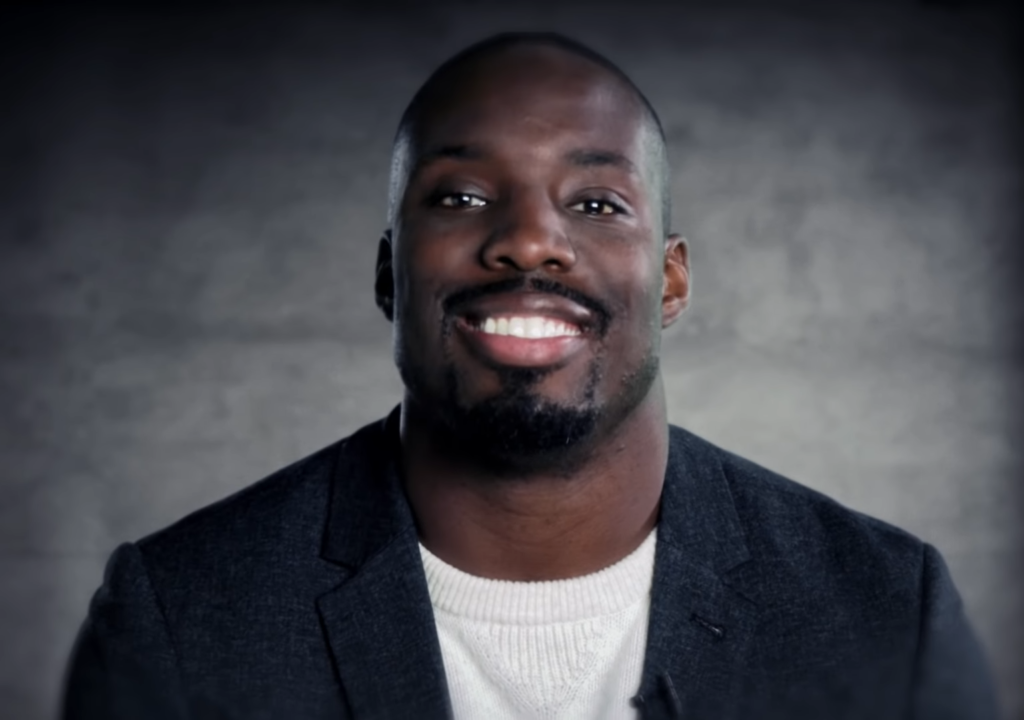The political landscape is crackling with energy as former President Trump intensifies his critique of electric vehicles (EVs), a cornerstone of President Biden’s climate strategy. Trump’s campaign trail has been electrified with apocalyptic warnings, suggesting that Biden’s EV policies could lead to a ‘blood bath’ in the auto industry if he is reelected. This hyperbolic language has not only made headlines but also echoes Trump’s history of exaggerated anti-EV rhetoric.
In Michigan, a pivotal swing state and automotive stronghold, Trump has played on autoworker fears, falsely claiming that EVs could slash 40 percent of industry jobs. His assertions about EVs’ reliability have also been debunked, with claims like electric cars can only ‘drive for 15 minutes before you have to get a charge’ being patently untrue.
Republican political consultant Mike Murphy, who has been critical of Trump, observes that the Republican base has developed a negative stance towards EVs. This sentiment provides Trump, and other GOP figures like Nikki Haley, with a motive to disparage EVs during the primary season. However, Murphy suggests that such rhetoric may not resonate with swing voters, especially in states where EV manufacturing investments are seen as beneficial.
Georgia, a state that Biden narrowly won in 2020, is an example where Governor Brian Kemp, despite endorsing Trump, has championed EV investment. Kemp’s commitment to making Georgia the ‘electric mobility capital’ stands in contrast to his criticism of Biden’s energy policies, which he believes have polarized the EV market.
The Biden administration has been proactive in promoting EVs, aiming to halve U.S. greenhouse gas emissions by the end of the decade. The Environmental Protection Agency’s new rule and the 2022 Bipartisan Infrastructure Law’s $7.5 billion for EV charging infrastructure are testaments to this commitment. Trump, however, has made it clear that these policies would be reversed should he return to office.
Republican strategist Barrett Marson points out that while some GOP voters are ambivalent or positive about EVs, they are resistant to being forced into purchasing them. This sentiment is echoed by Murphy’s research, which indicates that nearly half of Republicans view EVs as the ‘future’ of vehicles, suggesting that Trump’s anti-EV stance could be a ‘general election mistake.’
Keith Naughton, another Republican strategist, notes that Trump’s focus on EVs may be strategic, given the recent news of declining demand and the expansion of EV manufacturing beyond the Midwest. Trump has also linked EVs to his criticism of the United Auto Workers (UAW) union leadership, despite UAW President Shawn Fain’s support for a balanced transition to EVs.
Amidst Trump’s opposition, Tesla CEO Elon Musk’s increasingly partisan rhetoric could play a role. Musk’s political alignment with Trump may offer an opportunity to influence the former president’s stance on electric cars. Trump’s recent meeting with Musk and his softened language on EVs in a CNBC interview suggest a potential shift in his position.
The electric vehicle has become a charged symbol in the American political arena, with Trump’s attacks igniting debate and Biden’s policies driving towards a greener future. As the road to the 2024 election unfolds, the EV narrative will continue to spark conversations about technology, climate change, and the evolving identity of the American auto industry.





